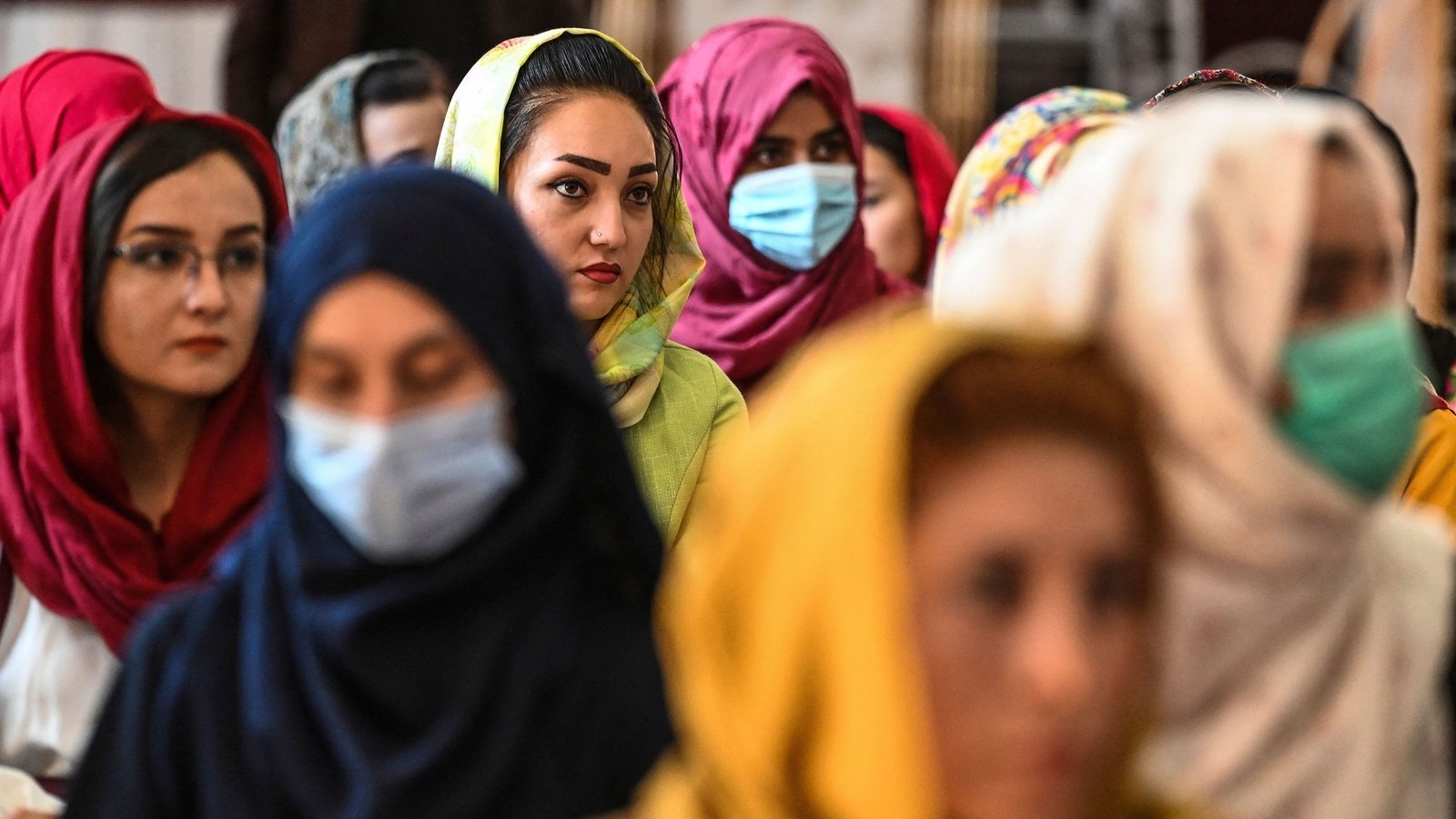Afghan women who emigrated to Turkey, leaving behind the threat of the Taliban, are also tested here by discrimination, difficult working conditions and unemployment. Their hopes are tied to an association that they will build up together in solidarity.
With the Taliban regaining power after the withdrawal of NATO troops, the eyes have turned to Afghans who will travel on the migration routes. Concern that this would increase immigration to other countries has led to widespread anti-immigrant rhetoric in Turkey.
Turkey is one of the routes frequented by Afghans who have left their country. Many of those who leave Afghanistan have come to Turkey by irregular ways. In recent days, many videos have circulated on social media about the migration mobility on Turkey’s borders. In these videos, there were many comments about the absence of women or children.
Nevertheless, the Chair of the Afghan Refugee Assistance and Solidarity Association Zakira Hekmat underscores that those who come are not only men as follows: “Smugglers bring women and children from other places. Men have always appeared in the pictures yet, in fact, there are also women and children.”
Ekmek ve Gül’s interview, which has spoken to 18 women, some of whom have been here for five years, some of whom have been here for one month, reveals that the rhetoric of “only men come” is not true.
Plan to open a solidarity association for Afghan women
Women who plan to open the Women’s Solidarity Association say that although the previous places of association were sabotaged by men so they could not open, they will do their best to open a solidarity association.
Fereshte, a mother of three children, said: “My husband was in the French army in Afghanistan. At that time the Taliban had killed those who were involved in the armies of other countries in the region, and they were going to kill my husband. We have left all our assets aside and came to Turkey illegally”, she describes their arrivals in Turkey.
The family’s first asylum application to Turkey was deemed “urgent” and they were granted refugee status. However, despite the “emergency asylum”, the arrival of refugee cards took 2 years. “They gave us to Yalova so that we could live there. How do we continue? They did not take my kids to school because they did not have the card. I tried so hard. I said, “At least let my kids sit in the classroom” and they finally accepted. It was important that they were in the classroom, at least to learn Turkish and get used to Turkish curriculum.”
Yelda, who has lymph cancer and has been struggling to stay afloat for a long time, came to Turkey four and a half years ago: “I have been suffering from cancer for four years. My husband was killed by the Taliban, and four and a half years ago, I came to Turkey to save my children. I did not know I was going to apply for asylum when I arrived. Even though I had asylum, they did not accept us as “refugees”, and my illness came out. As I look like an immigrant, I have to pay eleven thousand pounds every 20 days for my treatment in a state hospital. I sold my house in Afghanistan and spent it on my treatment. I do not know what to do. Life is getting harder and harder.”
‘We are being accused’
Mahdiyeh is a young textile worker. She says her life is not quite different from what they say. “I have to work to support my family. I get half a salary and work very long hours. I am subjected to a lot of discrimination and racist rhetoric. We are constantly being accused, but believe me, I do not know why. We never break the rules here. The only rule we break is that we have to work; otherwise we have to die. We try to show a lot of respect to the public, but we are still being accused.”
Zohra has been in Turkey with his family for one month. “The Taliban took many of my family members. We barely saved our lives. Now, they say “no Afghan refugee applications are being received”. I do not know what we will do. I do not know why our Turkish brothers and sisters are angry with us. We are in a very difficult situation. We had to come.”


